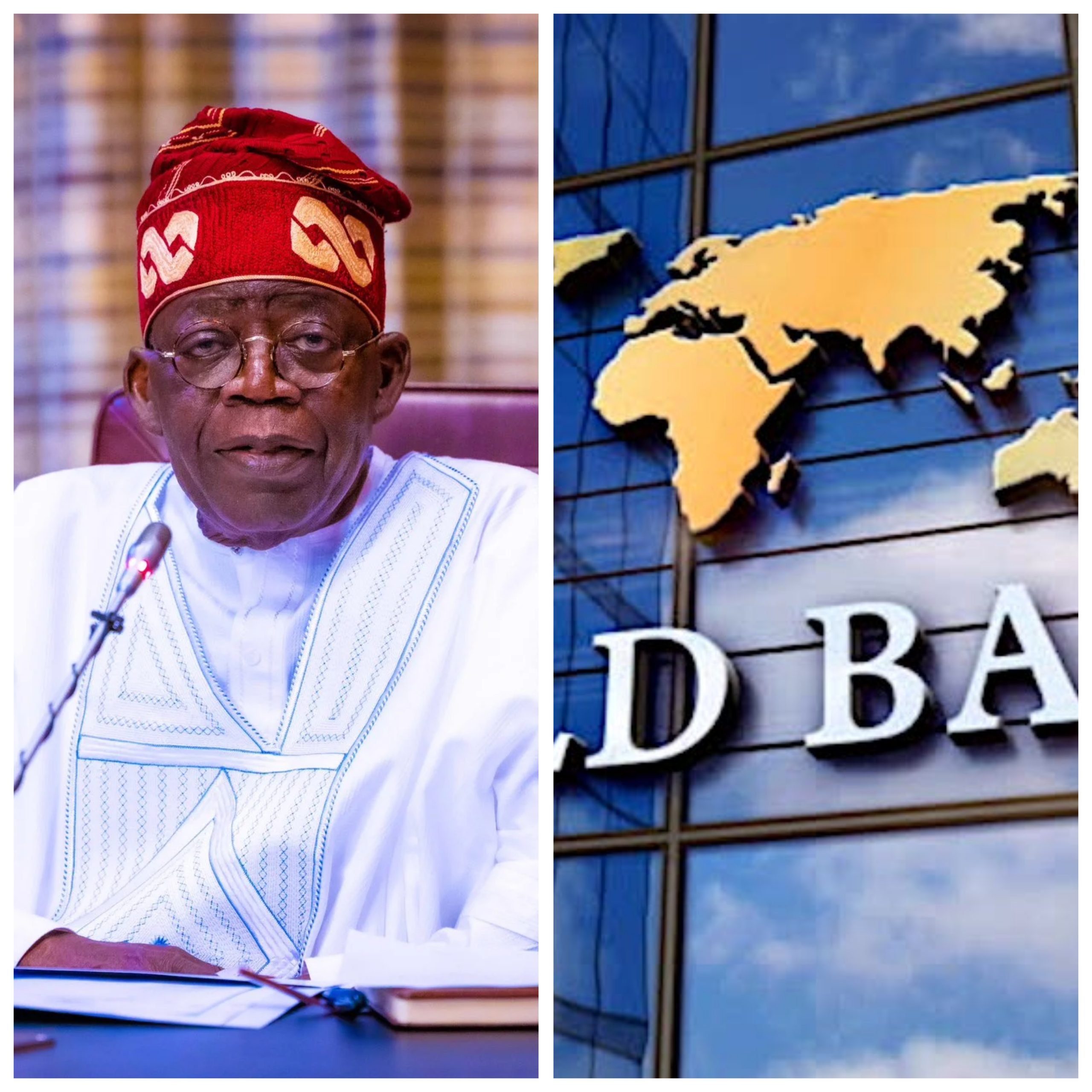Nigeria has become the third-largest debtor to the World Bank’s International Development Association (IDA) as of June 30, 2024, marking a significant increase in the country’s borrowing from the institution.
According to the World Bank’s latest financial statements, Nigeria’s exposure to the IDA rose by 14.4%, from $14.3 billion in the fiscal year 2023 to $16.5 billion in fiscal year 2024.
This $2.2 billion increase has propelled Nigeria from its previous position as the fourth-largest IDA borrower in 2023 to the top three for the first time.
The fiscal year 2024, which spans from July 2023 to June 2024, indicates that Nigeria received at least $2.2 billion in loans under the administration of President Bola Tinubu.
This debt accumulation is separate from any outstanding loans Nigeria holds with the World Bank’s International Bank for Reconstruction and Development (IBRD).
The rise in Nigeria’s IDA exposure reflects its growing reliance on concessional loans to address economic challenges.
Bangladesh remains the largest IDA debtor, with its exposure increasing from $19.3 billion in 2023 to $20.5 billion in 2024.
READ ALSO: Nigeria Spends $2.78bn debt servicing in 2024 amid rising financial pressures
Pakistan follows, maintaining its second position with $17.9 billion in exposure. India, which was the third-largest borrower in 2023 with $17.9 billion, saw a decrease in its IDA exposure to $15.9 billion, allowing Nigeria to overtake it.
Other significant IDA debtors include Ethiopia, with an increase from $11.6 billion in 2023 to $12.2 billion in 2024, and Kenya and Vietnam, each with $12.0 billion in exposure.
These countries, along with Tanzania, Ghana, and Uganda, make up the top ten IDA debtors, collectively accounting for 63% of the IDA’s total exposure as of June 30, 2024.
The International Development Association is a key arm of the World Bank, providing low-interest loans and grants to the world’s poorest countries.
These loans are designed to stimulate economic growth, reduce inequalities, and improve living conditions in developing nations.
Recall that Nigeria secured a total of $4.95 billion in loans from the World Bank under President Tinubu, amid concerns over rising external debt servicing costs.
However, only about 16% of these new loans have been disbursed so far. The World Bank is expected to approve four loan projects totaling $2 billion for Nigeria this year.
Data from the Debt Management Office (DMO) shows that Nigeria’s total debt to the World Bank stood at $15.59 billion as of March 31, 2024.

 Entertainment5 days ago
Entertainment5 days ago
 Health1 week ago
Health1 week ago
 Health4 days ago
Health4 days ago
 Football1 week ago
Football1 week ago
 Football1 week ago
Football1 week ago
 Crime4 days ago
Crime4 days ago
 Education6 days ago
Education6 days ago
 Crime1 week ago
Crime1 week ago

